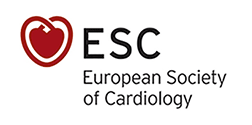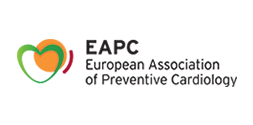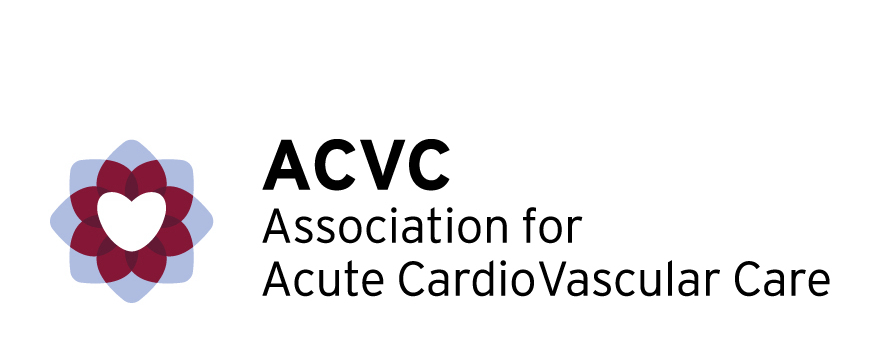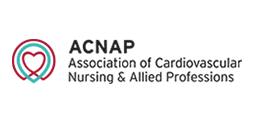People who have a heart attack are at increased risk of another one
If you have already experienced a heart attack, your risk of having another one is significantly increased. Know your risk factors and adopt a healthy lifestyle to prevent a second heart attack.

You may have had a procedure and medication to restore blood and oxygen supply to the heart muscle. While these treatments can relieve your symptoms, the affected blood vessel may narrow or become blocked again. Also, the same factors that led to your first heart attack may already be damaging other blood vessels in your body. If these damaged vessels supply your heart, it could lead to another heart attack. If they supply your brain, it could result in a stroke. Blocked vessels in the legs can cause peripheral arterial disease.
The risk of a second heart attack or another cardiovascular event varies from person to person. It depends on numerous factors, of which some can be modified, while others cannot. The most relevant risk factors are:
Unmodifiable risk factors:
- Age
- Sex
- Number and type of previous cardiovascular events
- Remaining pumping capacity of your heart
- Presence of atrial fibrillation (a form of rhythm disorder)
- Kidney dysfunction
Modifiable risk factors:
- Smoking
- Body weight
- Physical exercise versus physical inactivity
- Healthy versus unhealthy diet
- Psychosocial stress
- Blood cholesterol control
- Blood pressure control
- Presence and control of diabetes mellitus
- Chronic inflammation
Identifying your risk factors determines the behaviour changes and medications needed to prevent new cardiovascular events. Whatever your risk levels, a healthy lifestyle is crucial to prevent a second heart attack. This includes not smoking, maintaining a healthy weight, eating a balanced diet, staying physically active, and effectively managing stress, blood pressure, cholesterol, and diabetes.



